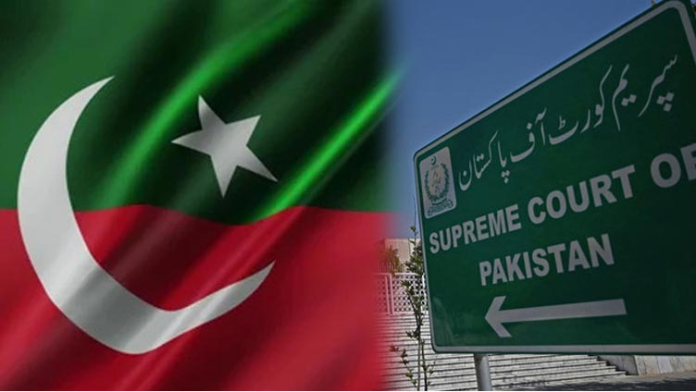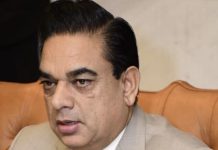Saifullah Ansar
ISLAMABAD: Finance Minister Muhammad Aurangzeb says fundamental reforms in the national economy are utmost necessary to make the recently approved IMF program as the last one.
In an interview with a foreign media organization, he said the additional burden placed on the salaried class and manufacturing sector will be reduced, while retailers, wholesalers, agriculture, and property sectors should be brought into the tax net.
Muhammad Aurangzeb said the government is now going to abolish the term ‘non-filer.’ He said restrictions will be imposed on those who do not pay taxes, making it difficult for them to undertake a number of activities. He said the government has data about people’s lifestyles, which includes information on how many cars people own, their foreign trips, and other expenses.
The Minister said based on this data, the FBR will bring non-taxpayers into the tax net without detaining them.
The Finance Minister said friendly countries have assured to meet the financial needs for obtaining the new IMF program.
Answering a question, he appreciated Washington’s support for Pakistan’s loan program in the Executive Board meeting as the United States is the largest stakeholder in the IMF. He said the United States has invested in Pakistan in the past and it is hoped that this will increase in the future.
The Finance Minister said the largest portion of the loan taken from friendly countries is from China. He said CPEC Phase II with China is crucial for the revival of Pakistan’s industry.
Answering another question, he said the GSP Plus program is a lifeline for Pakistani exports.
To a question, he said there has been no delay in the IMF program as it was approved as a result of a phased process. He added that due to non-implementation of past programs, there is a lack of credibility and trust. However, the incumbent government is determined to bring economic reforms in line with the IMF program.
He mentioned that at the end of the last fiscal year, the value of the rupee stabilized and foreign exchange reserves surged, resulting in a gradual decrease in inflation.

















